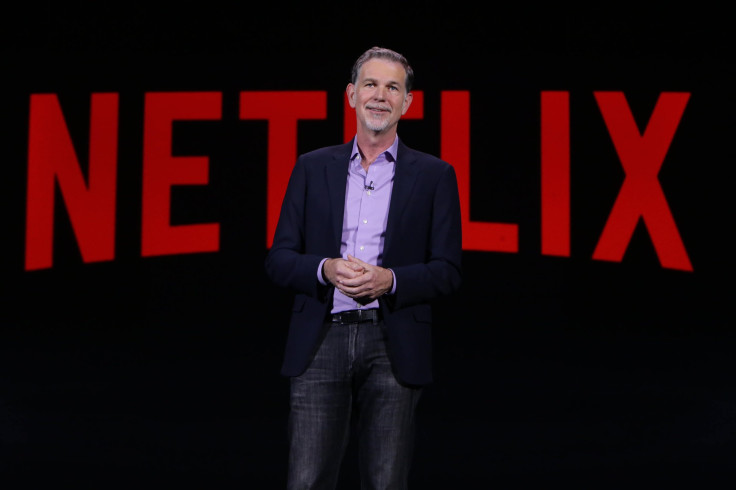Netflix Orders First German Original Series, Looks To Escape US Talent Drought

Netflix ordered up its first German original series on Wednesday, continuing to put its considerable money where its mouth is. The 10-episode drama “Dark” will follow four families in a small German town whose lives are upended after two kids go missing, and has an all-German cast, creative staff and crew.
Netflix said Wednesday that production is expected to begin this year. The series will debut on Netflix worldwide sometime in 2017. In a statement, Erik Barmack, Netflix’s vice president of international originals, called the show a “German story that will appeal to a global audience.” The German-language series will be available with subtitles in “almost every foreign language,” a Netflix spokesperson said.
CEO Reed Hastings and Chief Content Officer Ted Sarandos have been making noise for months about matching their content library with their new, far more global audience after becoming available in more than 190 countries. They’ve outbid big players like FX and HBO for big foreign productions like Sony Pictures Television’s “The Crown,” a sprawling series about Queen Elizabeth II’s reign. The streaming service also premiered the Wachowski siblings’ multinational, multiracial, multi-just-about-everything drama series “Sense8” in 2015.
But international appeal isn’t the only reason to expand one’s production borders. Going abroad solves a growing issue Netflix and other content providers and producers are wrestling with: The TV industry believes there simply isn’t enough marketable (or experienced) talent to go around.
Per FX’s research department, there were 412 scripted series that saw the light of a screen (whether by broadcast signal, cable or stream) in the U.S. in 2015. All of those shows need a cast, crew, writers and someone to run the show. Add in the 86 pilots the broadcast networks have already ordered and the dozens of cable and streaming series in the later stages of development, and you can see how scarcity might become an issue, regardless of how much money a studio has to throw at people.
Even Canada, also a hotbed of TV production, is beginning to show some signs of being overfarmed; Vancouver alone currently plays host to at least eight TV productions.
Netflix can go the pure international production route more easily than other U.S.-based networks, including domestic competitor Hulu. Series that require audiences to read large amounts of subtitles tend to struggle in the ratings; while some networks can make up for the subsequent advertising shortfall with international sales, the math doesn’t always work.
But for Netflix, which is trying to build a global audience of die-hard viewers, and says it sees a lot of American viewership of foreign-language programming (without revealing actual viewer numbers, so, grain of salt), all that matters is that subscriber numbers keep climbing. Hallo, Deutschland.
© Copyright IBTimes 2024. All rights reserved.






















